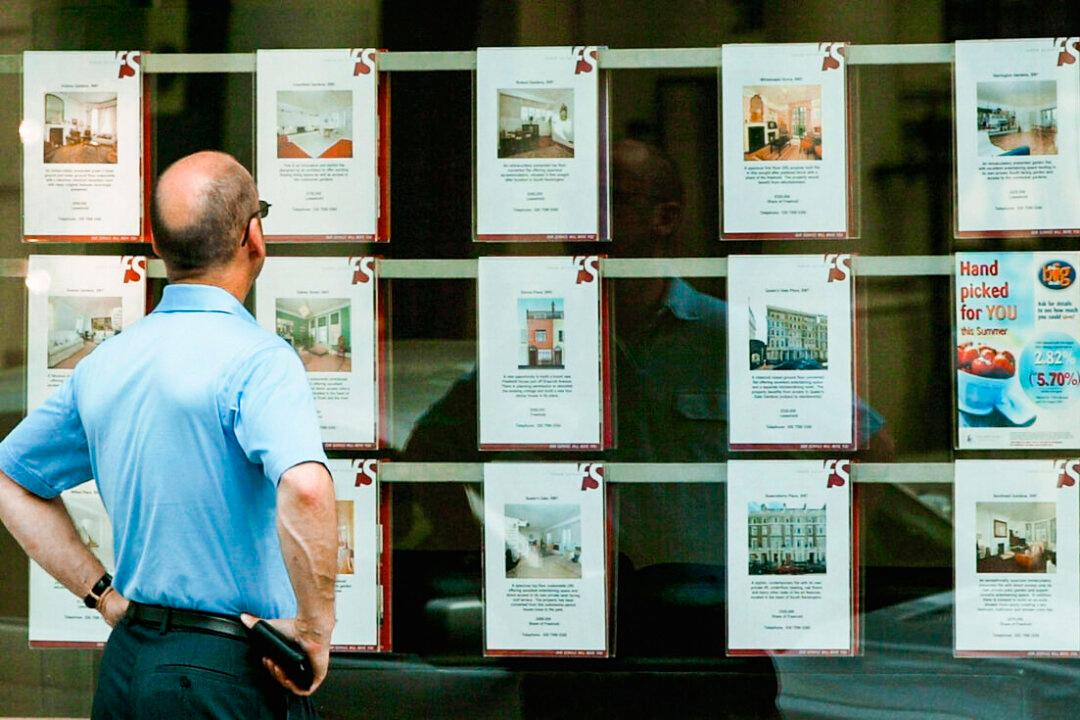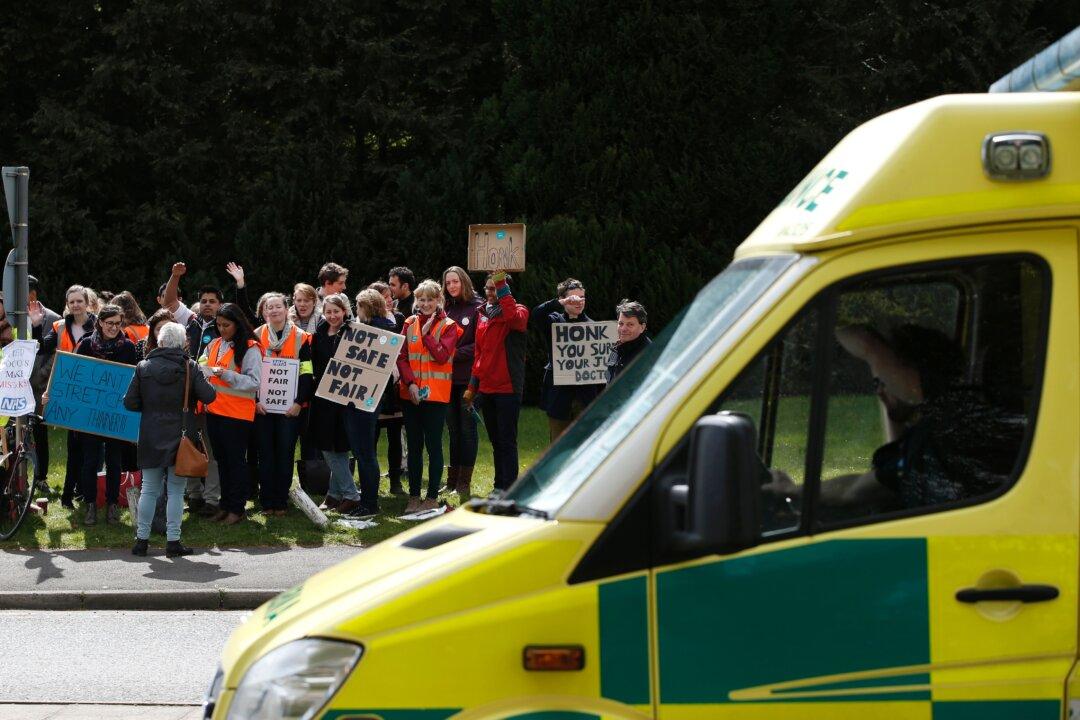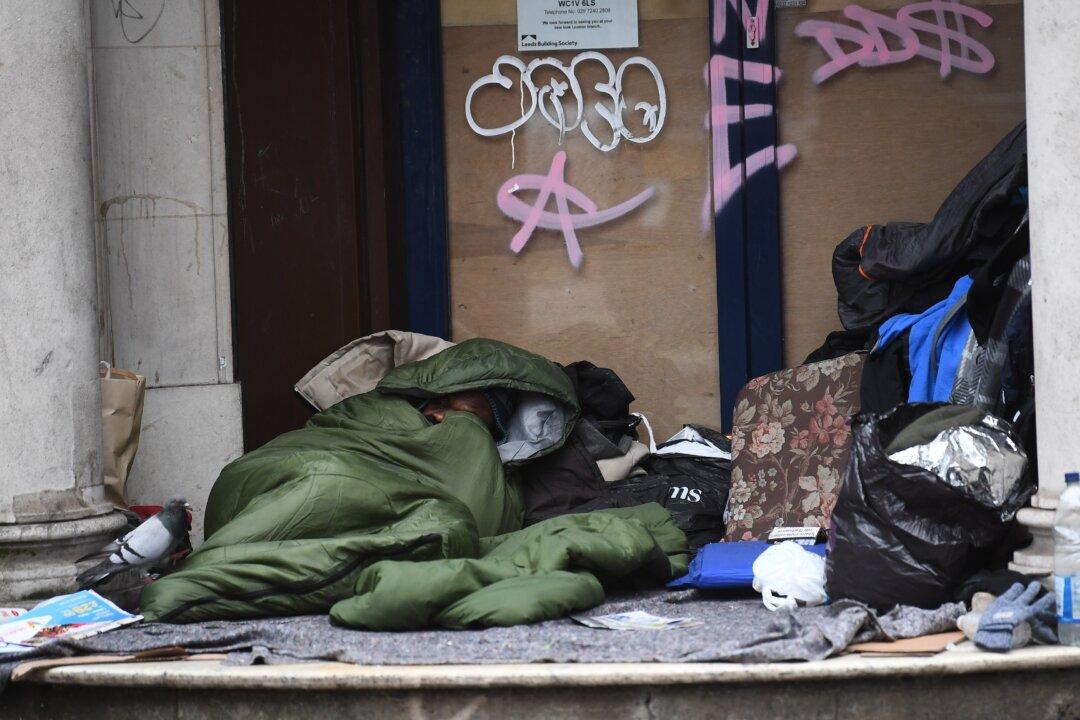House prices in Britain are seeing a “sharp slowdown” according to one of the country’s biggest mortgage providers. In their latest report, Nationwide said that growth in annual house prices had shrunk in November to 4.4 percent compared to 7.2 percent in October. The data also showed that house prices have fallen 1.4 percent month on month, the biggest fall since June 2020.
Commenting on the latest set of data, Robert Gardner, Nationwide’s Chief Economist said that “The fallout from the mini-Budget continued to impact the market,” and that “While financial market conditions have stabilised, interest rates for new mortgages remain elevated and the market has lost a significant degree of momentum.”




